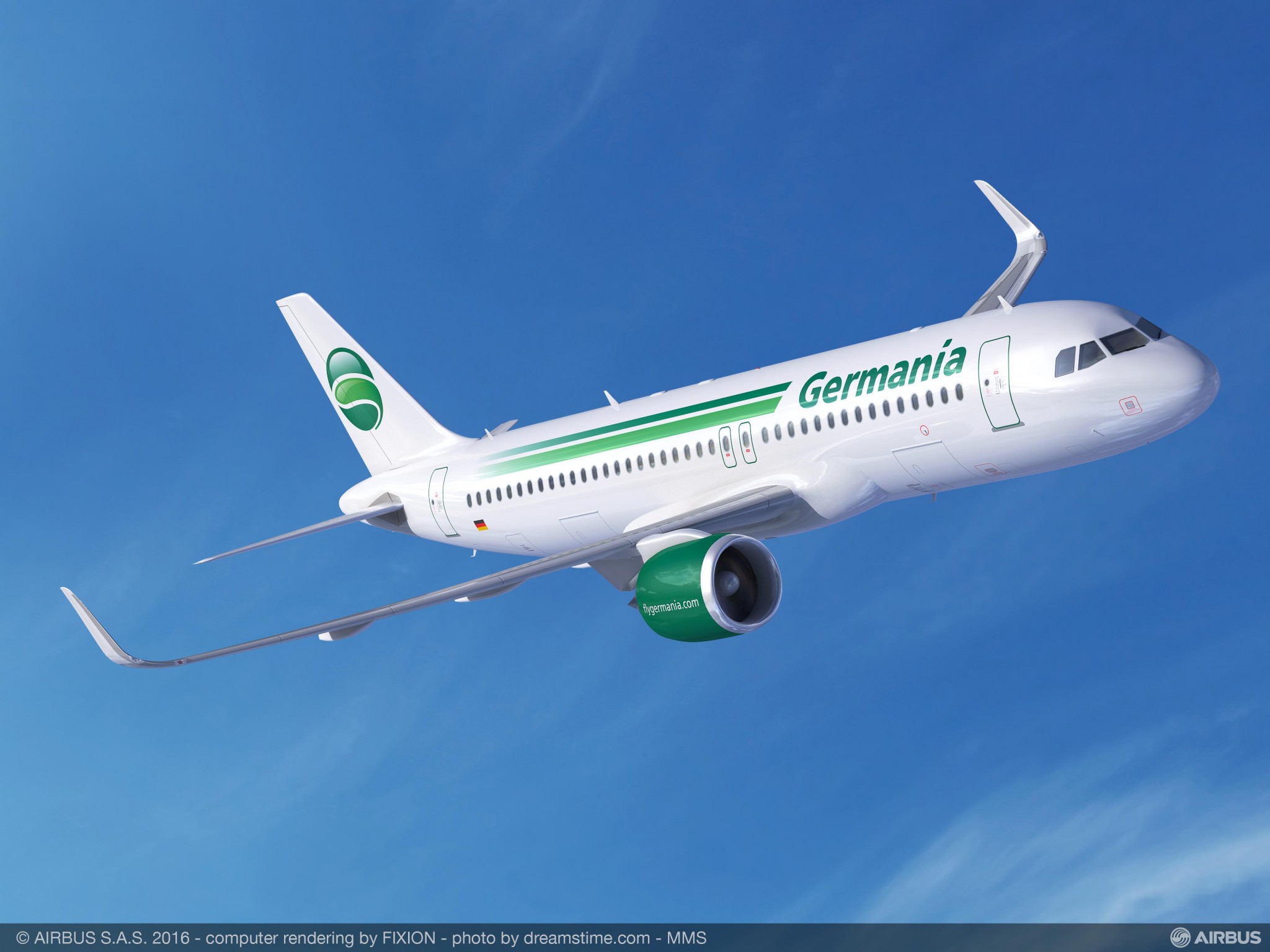Last year’s high fuel costs coupled with a strong US dollar against the euro – headwinds singled out by the majority of the industry leaders in the 2019 Aviation Industry Leaders Report – were cited as major contributory factors to the demise of Germania, which filed for insolvency on February 4. The airline was also impacted by considerable delays in phasing aircraft into the fleet and an “unusually high” number of aircraft maintenance events, which were described as major burdens for the company. Flights were terminated overnight, and passengers advised to contact their travel operator or find their own way home.
Germania Fluggesellschaft mbH, its sister maintenance company Germania Technik Brandenburg GmbH as well as Germania Flugdienste GmbH have all filed for insolvency. However, Swiss airline Germania Flug AG and Bulgarian Eagle are not affected.
Karsten Balke, CEO of Germania, said: “Unfortunately, we were ultimately unable to bring our financing efforts to cover a short-term liquidity need to a positive conclusion. We very much regret that consequently, our only option was to file for insolvency. It is of course the impact that this step will have on our employees that we regret the most.”
The European market should be braced for further fallout from the difficult operating environment during last year that has impacted the fourth quarter earnings, including Ryanair. The consensus from leaders in our annual report was that the building headwinds would force a separation between the strongest and the weakest airlines – the demonstration of that premise is now being seen. The only question is which airline will be the next to falter.

